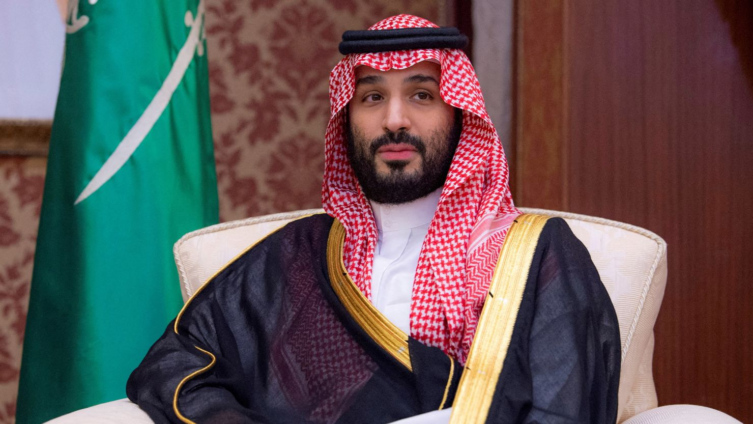Saudi Arabia's Prince, Mohammad Bin Salman, issued an order banning iftars in mosques ahead of Ramadan, tentatively slated to begin on March 11 and conclude by April 9 this year.
Saudi Arabia’s Ministry of Islamic Affairs issued a set of instructions for mosque employees to follow during the month of Ramadan in an order dated February 20, 2024.
The Ministry also issued orders restricting imams and muezzins from collecting financial donations for organising iftar feasts. The Islamic Affairs Ministry of Saudi Arabia also imposed a ban on organising iftar feasts inside the mosques, raising concerns regarding cleanliness.
In a post on X (formerly Twitter), the caption to the notice read, “The #Ministry_of_Islamic_Affairs, Dawah and Guidance issues a number of instructions related to mosques during the blessed month of #Ramadan 1445 AH."
The order stated, "Imams and muezzins in various regions of the Kingdom not to collect financial donations for Iftar projects for fasting people and others."
#Infographic |
— Ministry of Islamic Affairs (@Saudi_MoiaEN) February 20, 2024
The #Ministry_of_Islamic_Affairs, Dawah and Guidance issues a number of instructions related to mosques during the blessed month of #Ramadan 1445 AH. pic.twitter.com/bbyWZLeOwl
The notice, raising issues about cleanliness being compromised when iftar feasts are held inside mosques, directed imam and muezzin to oversee the organisation of these feasts in mosques’ courtyards and charged them with the responsibility to ensure cleanliness soon after the feast concludes.
The Ministry’s notice stated, “Iftar projects should not be held inside mosques due to concerns about cleanliness, so an appropriate place should be prepared in the mosques’ courtyards without the use of temporary rooms, tents, or the like, and that Iftar should be under the imam’s and muezzin’s responsibility, with the obligation of the one who breaks the fast to clean the place immediately after finishing food."
Moreover, the Ministry discouraged using cameras inside the mosque premises, stating that they should not be used to record the imam and worshippers offering namaz, as this undermines worshippers’ reverence.
The Ministry also issued orders that prayers should not be broadcast on media of any kind, including social media. Hence, no cameras will be allowed inside the mosque premises during prayer times, and visitors have been ordered to refrain from filming.
Additionally, instructions were issued to officials to avoid being absent during this crucial period and to maintain punctuality.
Latest Stories
-
Actress Benyiwaa of ‘Efiewura’ TV series dead
11 minutes -
Ashanti Regional Chief Imam dies at age 74
35 minutes -
Africa Arts Network calls for tax reform to save Ghana’s theatre industry
48 minutes -
SSTN Ghana Chapter reaffirms commitment to economic growth under new leadership
54 minutes -
Inlaks strengthens leadership team with key appointments to drive growth across sub-Saharan Africa
2 hours -
Green Financing: What Ghana’s Eco-startups need to know
2 hours -
CHAN Qualifiers: Amoah confident of beating Nigeria
2 hours -
Governments deprioritising health spending – WHO
2 hours -
Lordina Foundation brings Christmas joy to orphans
2 hours -
Yvonne Chaka Chaka to headline ‘The African Festival’ this December
2 hours -
Nigerian man promised pardon after 10 years on death row for stealing hens
2 hours -
MGA Foundation deepens support for Potter’s Village
3 hours -
Galamsey: One dead, 3 injured as pit collapses at Nkonteng
3 hours -
Man, 54, charged for beating wife to death with iron rod
3 hours -
MedDropBox donates to UG Medical Centre
3 hours

